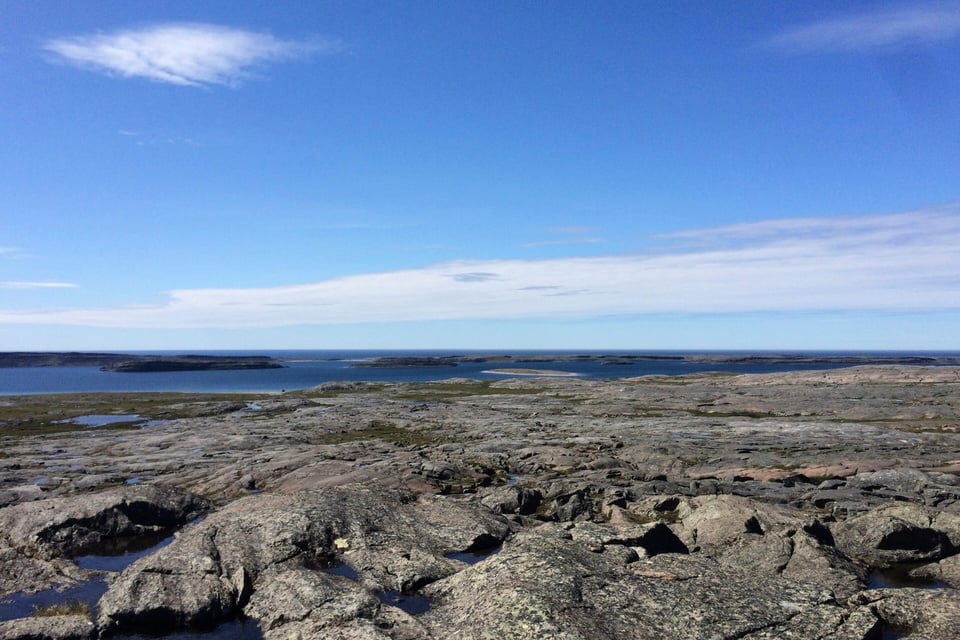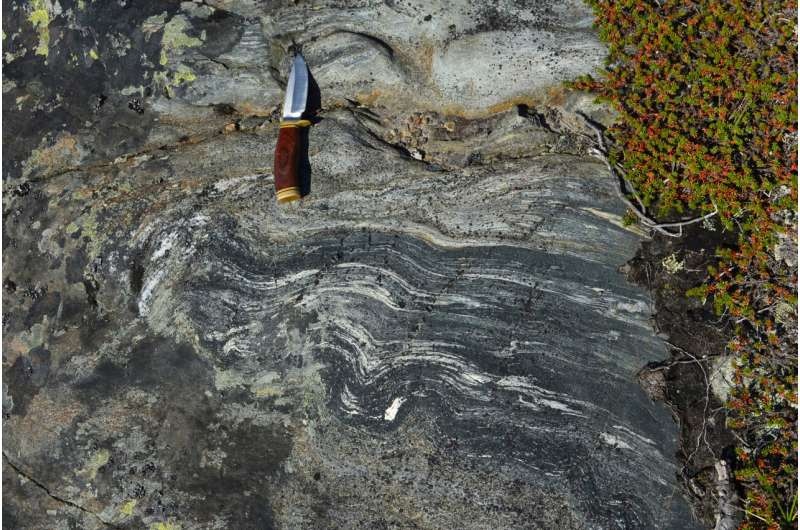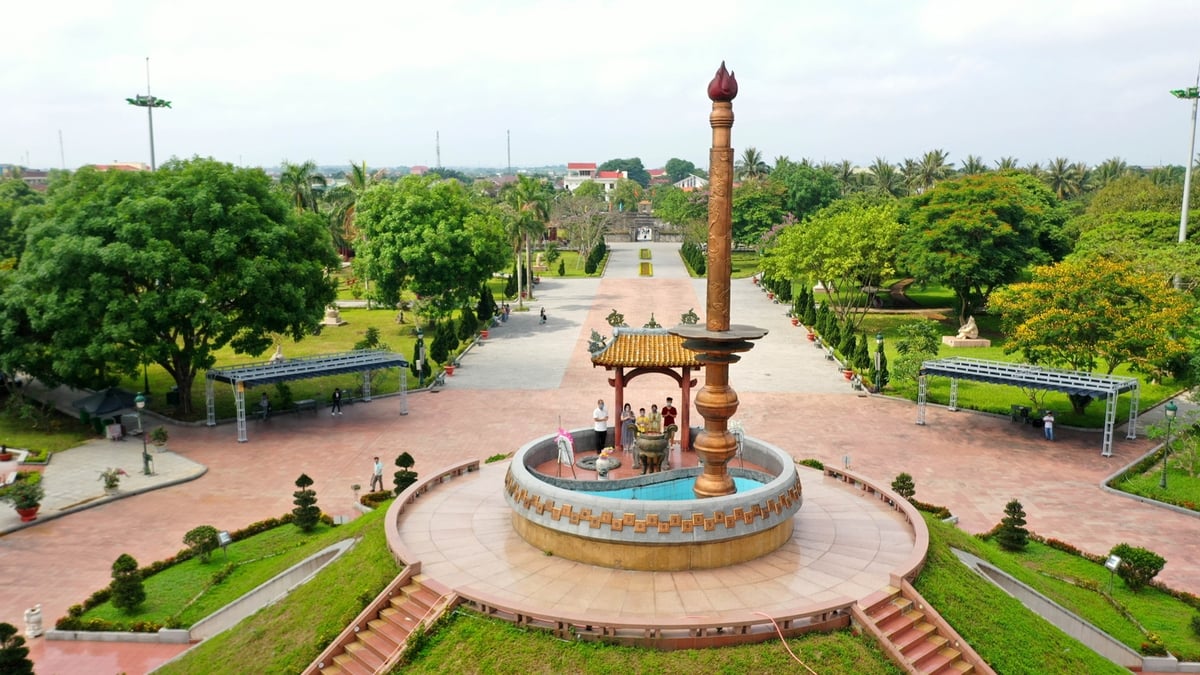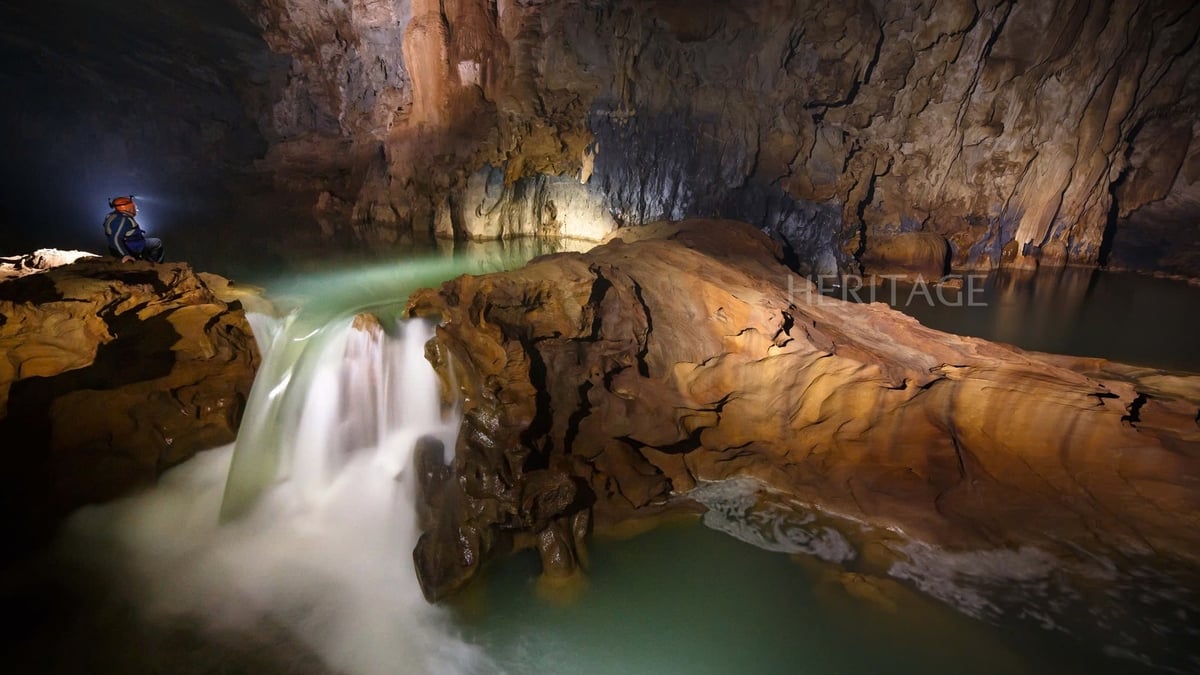 |
The newly discovered Nuvvuagittuq Greenstone Belt rocks are up to 4.16 billion years old. Photo: Jonathan O'Nei . |
Scientists at the University of Ottawa have just announced a remarkable discovery in the field of geology. They discovered that the rocks of the Nuvvuagittuq Greenstone Belt, located on the shores of Hudson Bay in Quebec (Canada) may be the oldest known rocks on Earth. New research results show that the age of these rocks is up to 4.16 billion years old, approaching the time when the Earth was first formed.
The Nuvvuagittuq Belt has long been known to contain ancient rocks, but their exact age has been a matter of debate among researchers. In 2008, some studies using the samarium-neodymium isotope method suggested that the rocks there could be as old as 4.3 billion years. However, this conclusion was disputed due to concerns that the rock samples were contaminated, which could push the age of the rocks higher.
In a new study published in the journal Science on June 26, a team led by Professor Jonathan O'Neil used two independent dating techniques to analyze a sample of magma rock. Both methods gave the same result: 4.16 billion years. This helps to strengthen the hypothesis that this is indeed one of the first remaining parts of the Earth's crust.
"Having intact samples from the early Earth is really valuable. They help us understand more about how the Earth evolved from a molten planet to a place that could nurture life," said Professor Mark Reagan, an expert on volcanic rocks at the University of Iowa.
 |
The Nuvvuagittuq Stone could set the record for the oldest stone object on the planet. Photo: Jonathan O'Neil/ . |
With an age far exceeding that of other famous rock samples such as the Acasta Gneiss (about 4 billion years old) or the zircon crystal in Australia (4.4 billion years old but not intact), the Nuvvuagittuq stone has the potential to set a new record for the oldest stone object on the planet.
However, this scientific discovery also poses a conservation challenge. The research area is located on land owned by the Inuit community of Inukjuak. In the past, some of the rocks have been removed from their original locations, causing concern among local residents.
“We understand the interest of researchers in the area, but we don’t want any more damage,” said Tommy Palliser, land manager at Pituvik Landholding Corporation. The Inuit community is pushing for a provincial park to both protect the area and allow for legal, sustainable research.
The discovery of Nuvvuagittuq rocks not only redefines the geological history of the Earth but also opens the door to exploring the conditions for life to form on the blue planet.
Source: https://znews.vn/phat-hien-da-co-nhat-tren-trai-dat-post1564110.html






































































































Comment (0)